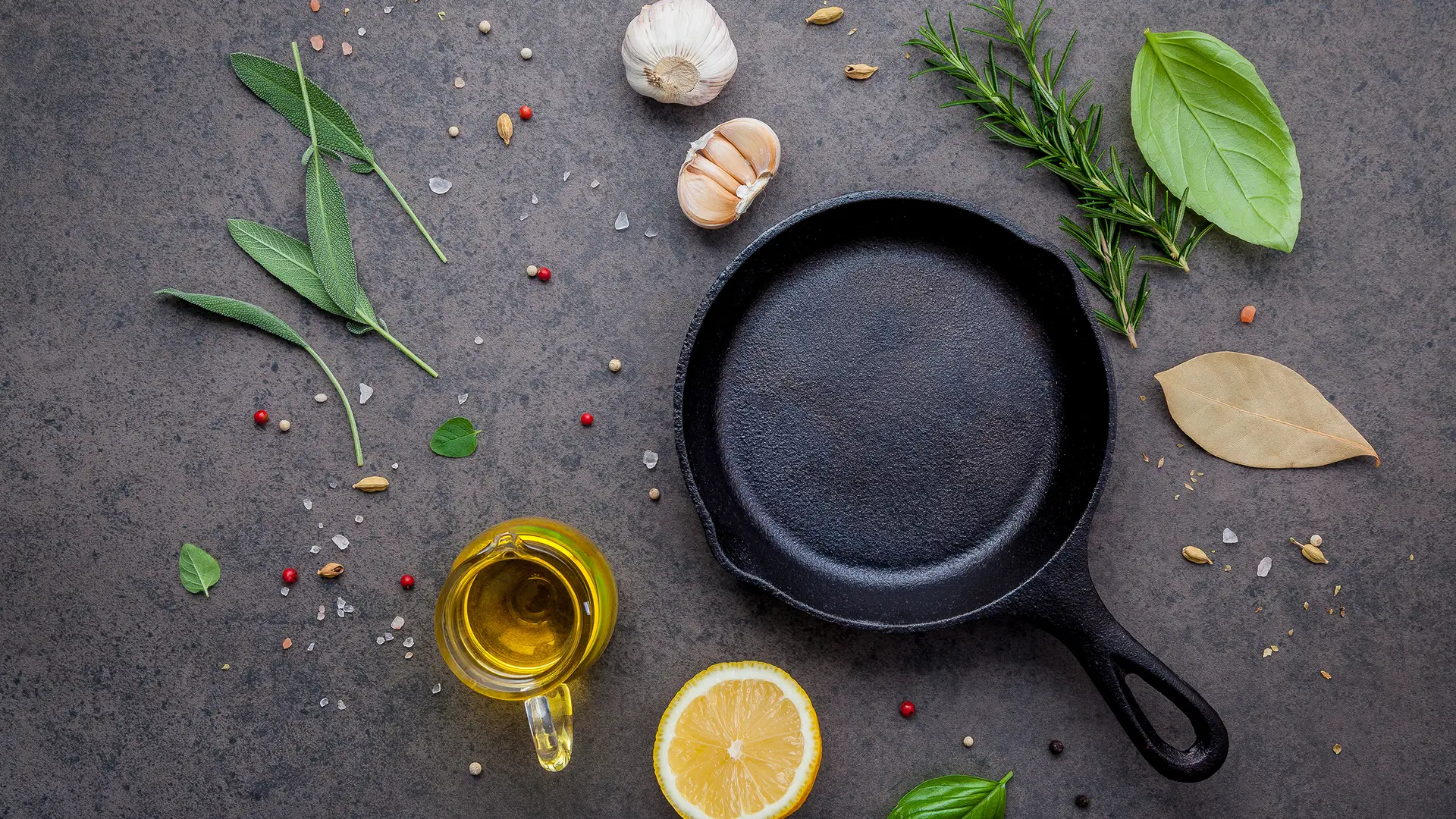Can You Use Cast Iron Pans on an Induction Hob?
Cooking with cast iron pans is a tradition many home chefs love. Their durability, heat retention, and even results make them a kitchen favourite. But if you’ve upgraded to a modern induction hob, you might be wondering – can you still use your trusty cast iron?
The short answer: yes, but there are a few things you should know first.
How Induction Hobs Work
Induction hobs use magnetic fields A changing magnetic field induces current in the pan, creating heat directly in the metal. rather than direct heat. Instead of heating the hob surface, they create a magnetic current that heats the base of the pan directly.
For cookware to work on induction, it needs to be magnetic. This includes stainless steel (if magnetic), carbon steel, and – yes – cast iron.
Are Cast Iron Pans Induction Friendly?
Yes – cast iron pans are naturally magnetic, so they’re a perfect match for induction hobs. Their heavy construction lets them hold heat very well, which pairs beautifully with induction’s fast response.
However, keep these points in mind:
- Weight – cast iron is heavy, so take care when placing/moving it on a glass hob.
- Base flatness – uneven bases can reduce efficiency and cause hot spots.
- Scratching – a rough base can mark glass. Always lift; don’t slide.
- Size match – if the base is much smaller than the zone, heating may be uneven.
Benefits of Using Cast Iron on Induction
| Benefit | Why It Matters |
|---|---|
| Excellent heat retention | Keeps food warm and supports even cooking. |
| Durability | Cast iron can last a lifetime with proper care. |
| Magnetic compatibility | Works naturally with induction – no need to replace your cookware. |
| Versatility | Great for frying, searing, baking, and oven-to-table cooking. |
Tips for Using Cast Iron Safely on an Induction Hob
- Lift pans rather than sliding them to avoid scratches.
- Choose pans with a smooth, flat base whenever possible.
- Don’t overheat empty cast iron – it can damage both the pan and the hob.
- Consider a heat diffuser A thin ferromagnetic plate that sits between hob and pan to smooth heat on rough or small bases. if your pan’s base is very rough.
- Keep the hob clean and dry before placing the pan down.
Common Questions
Final Thoughts
You can absolutely use cast iron pans on induction hobs. They’re naturally magnetic, incredibly durable, and deliver excellent cooking performance. Protect your glass surface, match pan size to the zone, and avoid sliding heavy cookware. With the right care, your cast iron will serve you just as well on induction as it did on gas or electric.
- All Posts
- Cooker Hood Guides & Advice
- Dishwasher Guides & Advice
- General Appliance Guides & Advice
- Hob Guides & Advice
- Laundry Guides & Advice
- Microwave Guides & Advice
- Oven Guides & Advice
- Wine Cooler Guides & Advice
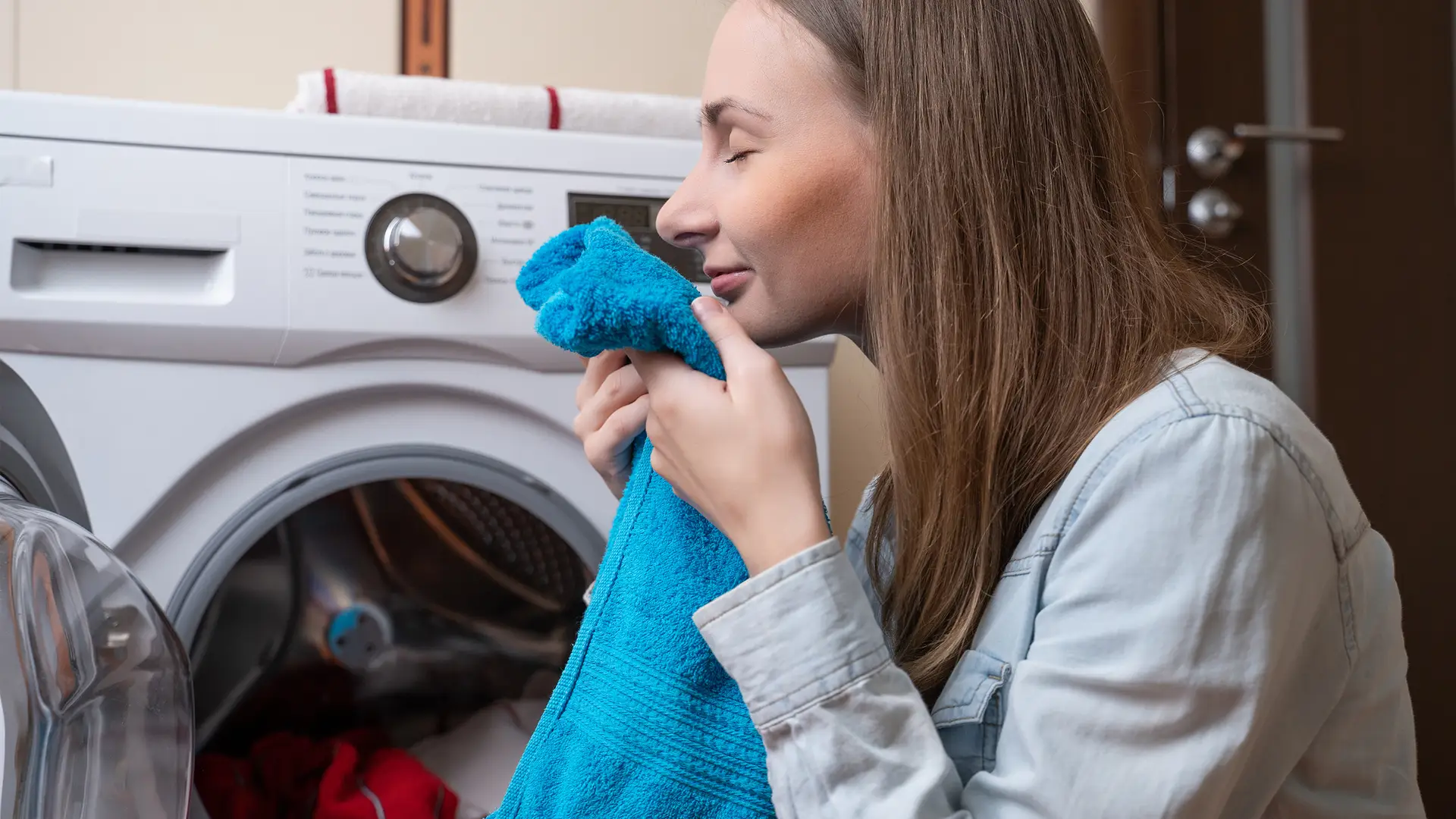
Discover simple tips to stop your washing machine smelling musty. Keep it clean, fresh, and efficient — follow our quick...
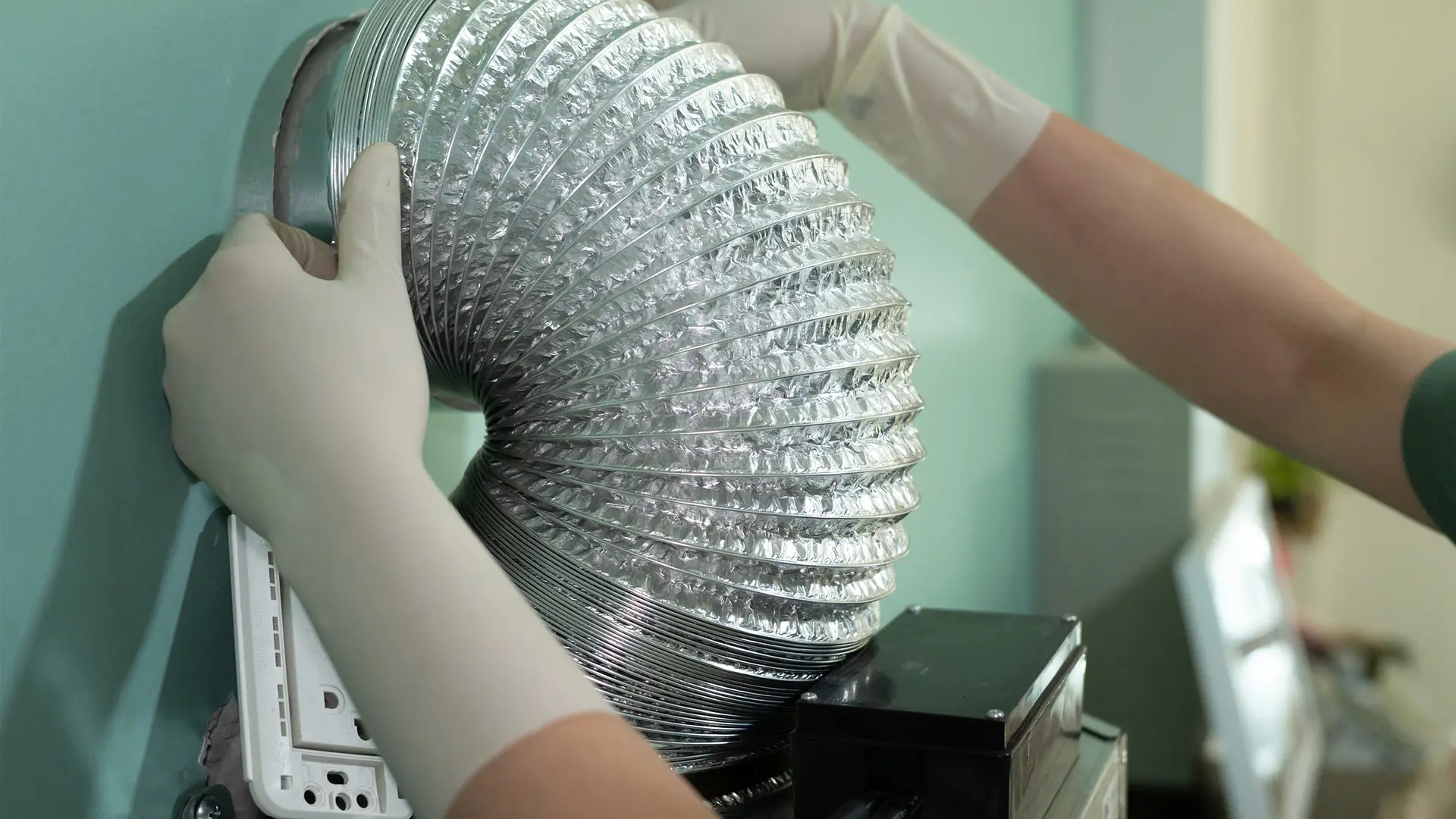
In this guide, we’ll explain whether outdoor extraction is necessary, what your options are if it isn’t possible, and how...
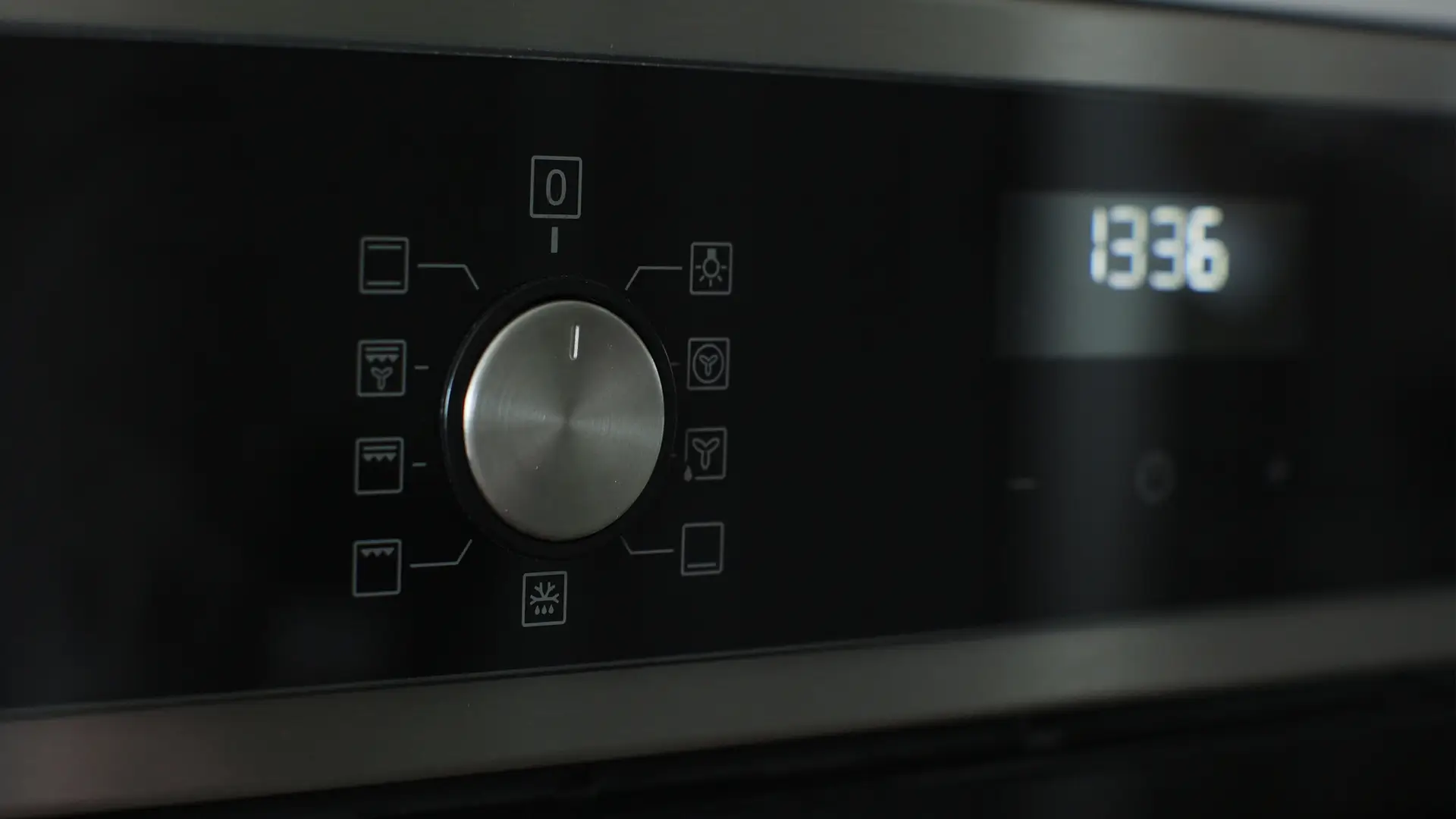
Discover what every oven function does in our complete guide. From fan-assisted to pizza mode, learn how to cook better...
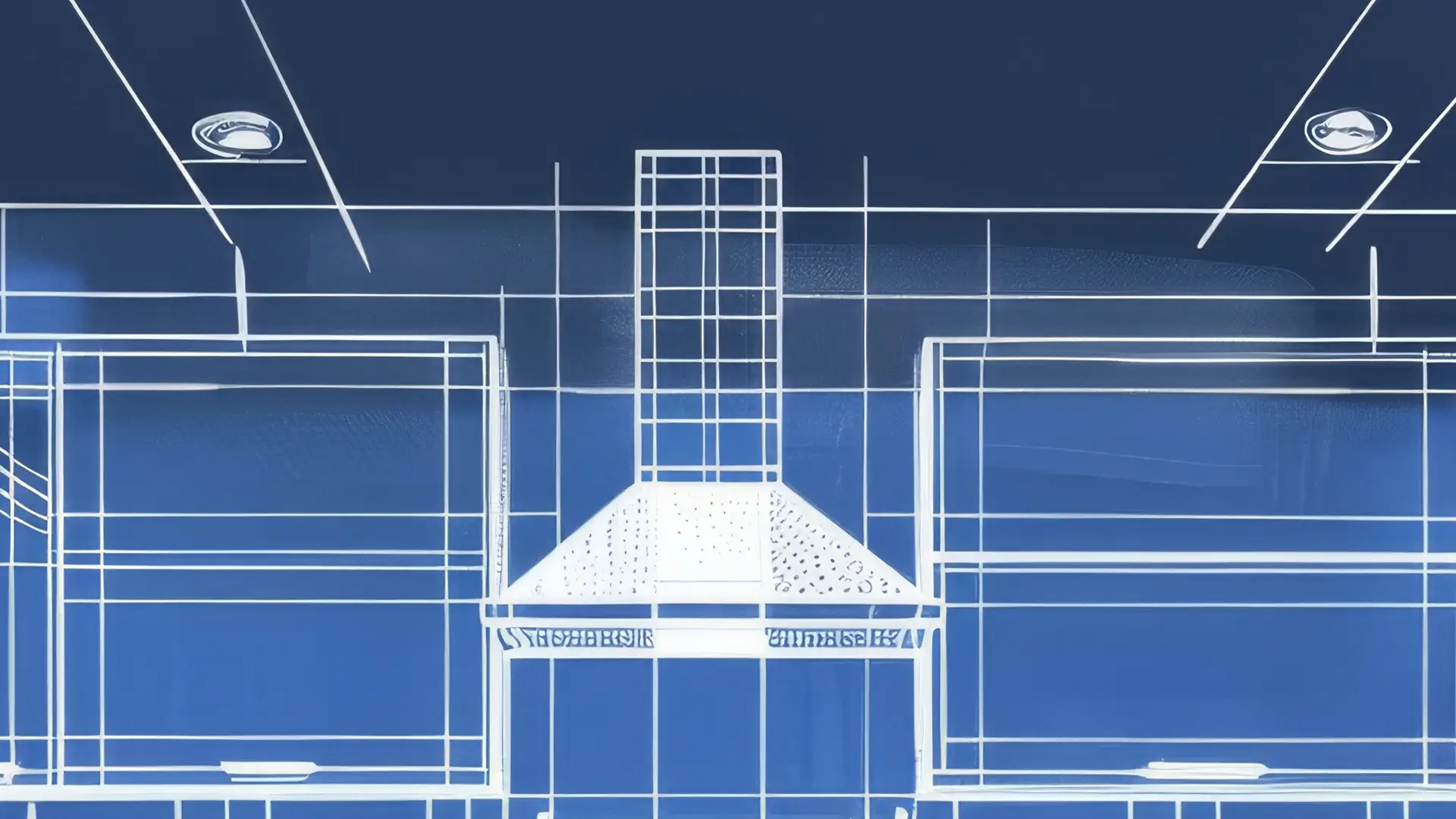
Find the ideal cooker hood size for your hob. Learn how to match width, choose the right extraction rate, and...
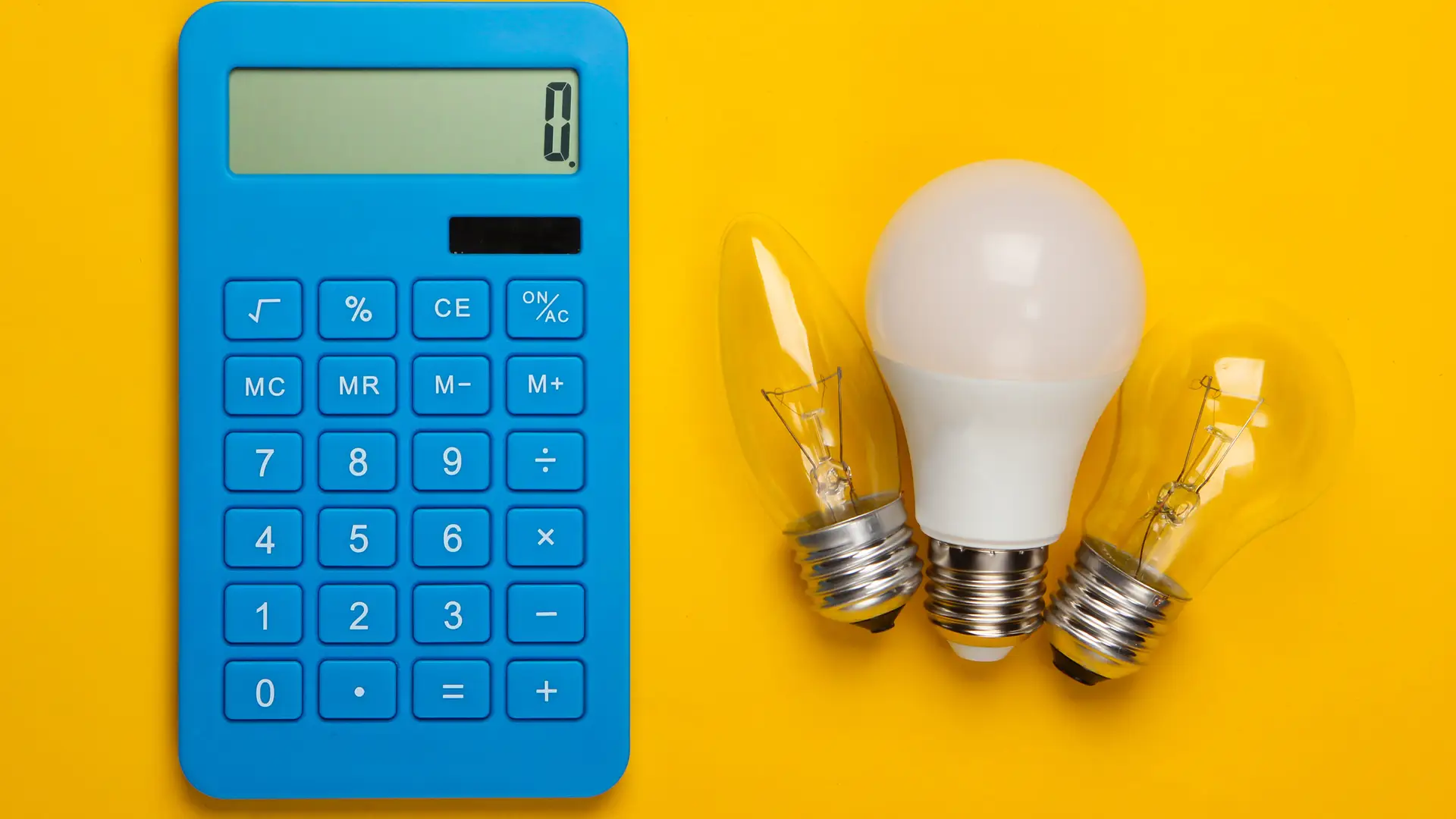
Cut your kitchen energy bills with these easy tips for running appliances efficiently. Learn how to save power, water, and...
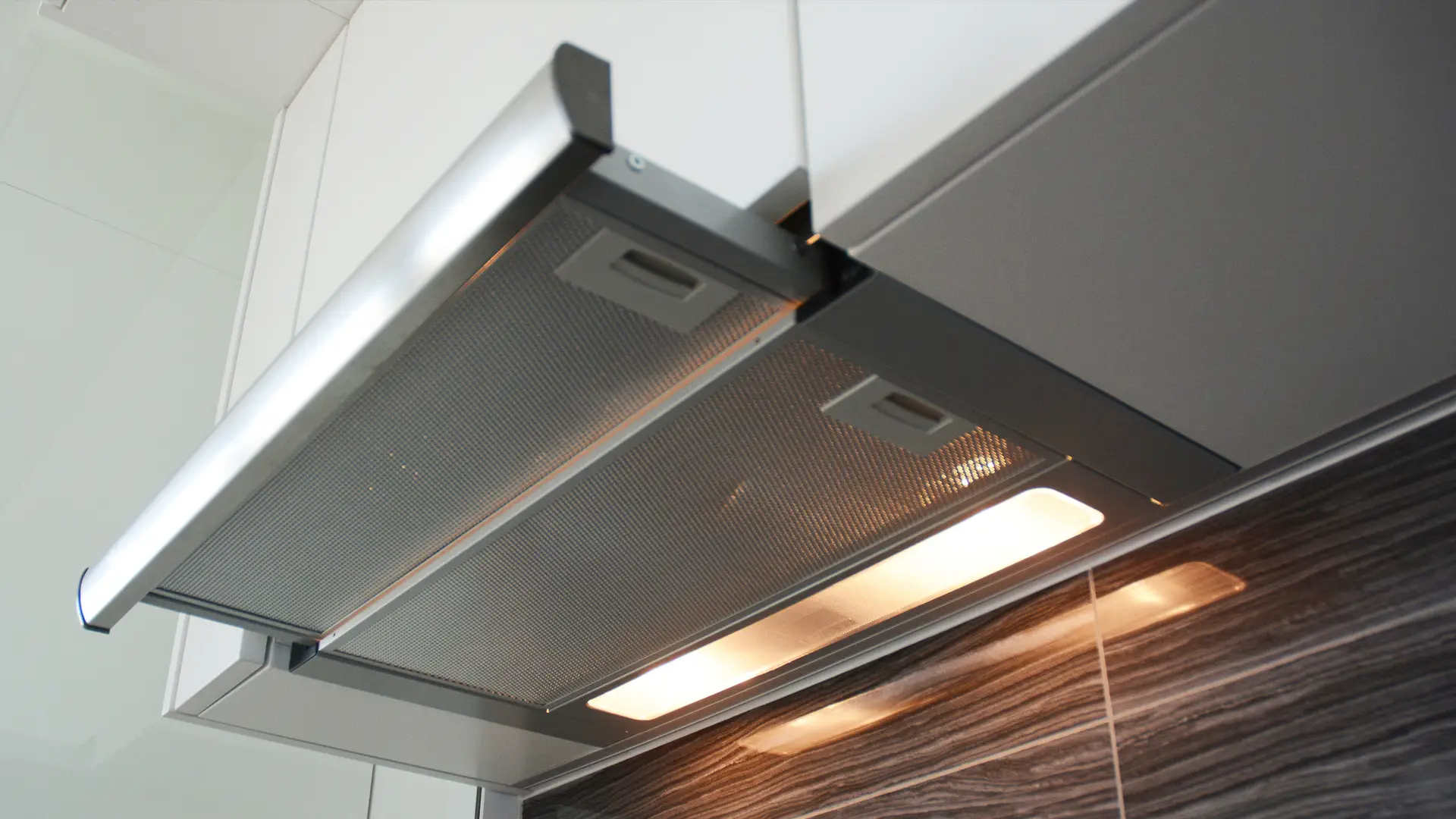
Do cooker hoods use much electricity? Discover typical running costs, energy ratings and tips to keep energy use low. Read...
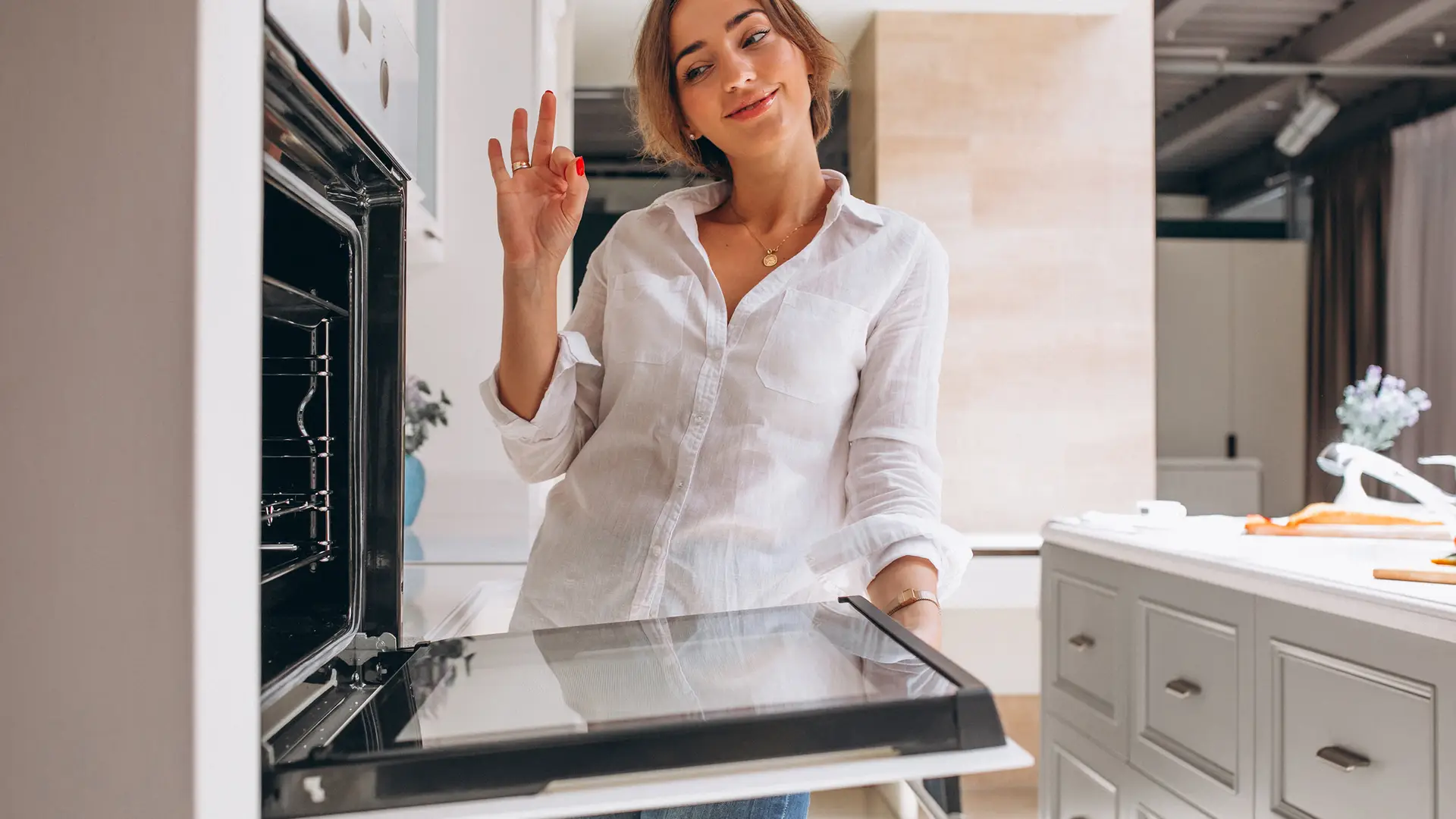
Discover the pros and cons of double and single ovens to find the best fit for your cooking style. Read...
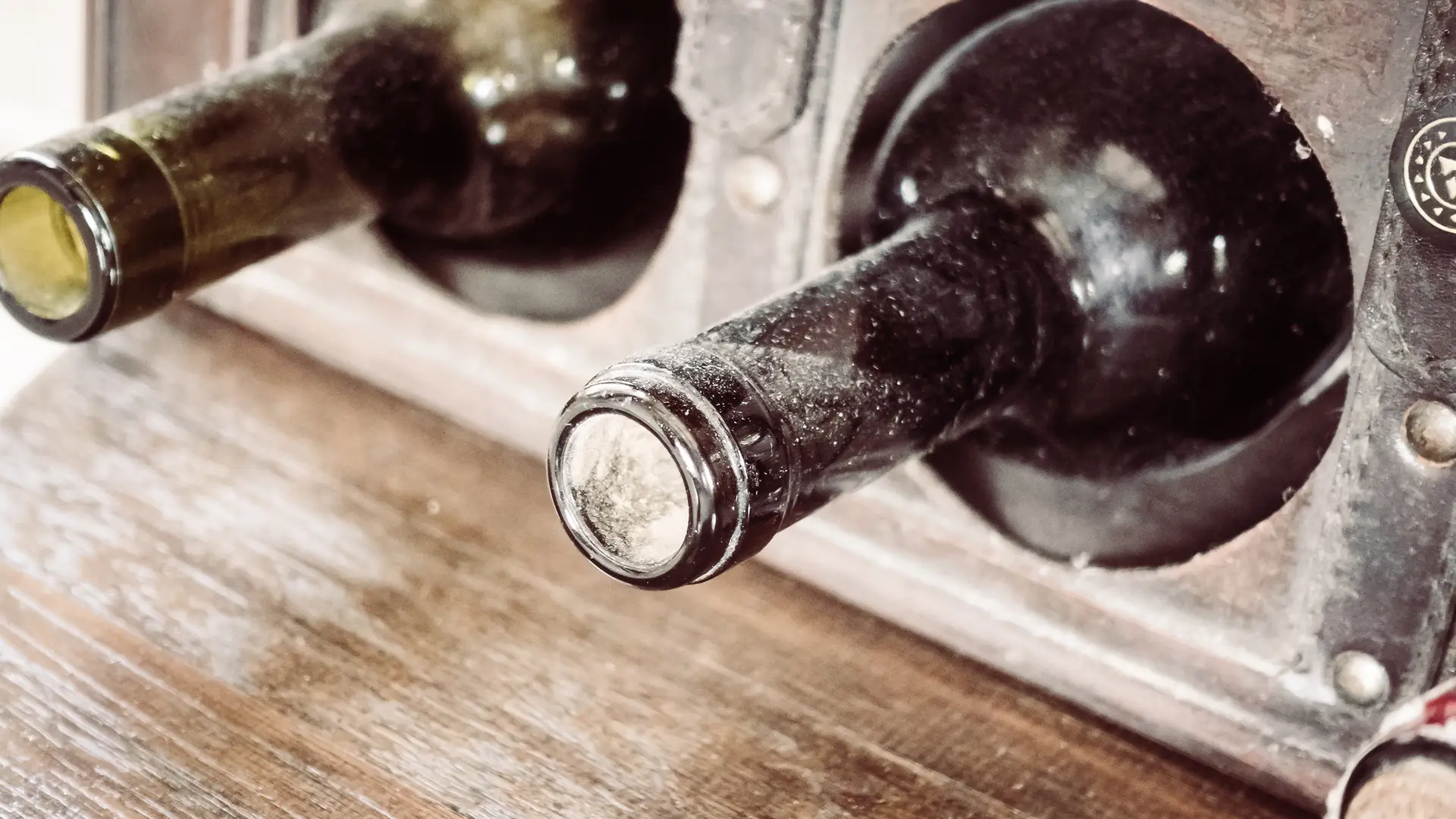
Discover how long wine lasts in a cooler and the best conditions for red, white and sparkling bottles. Learn to...
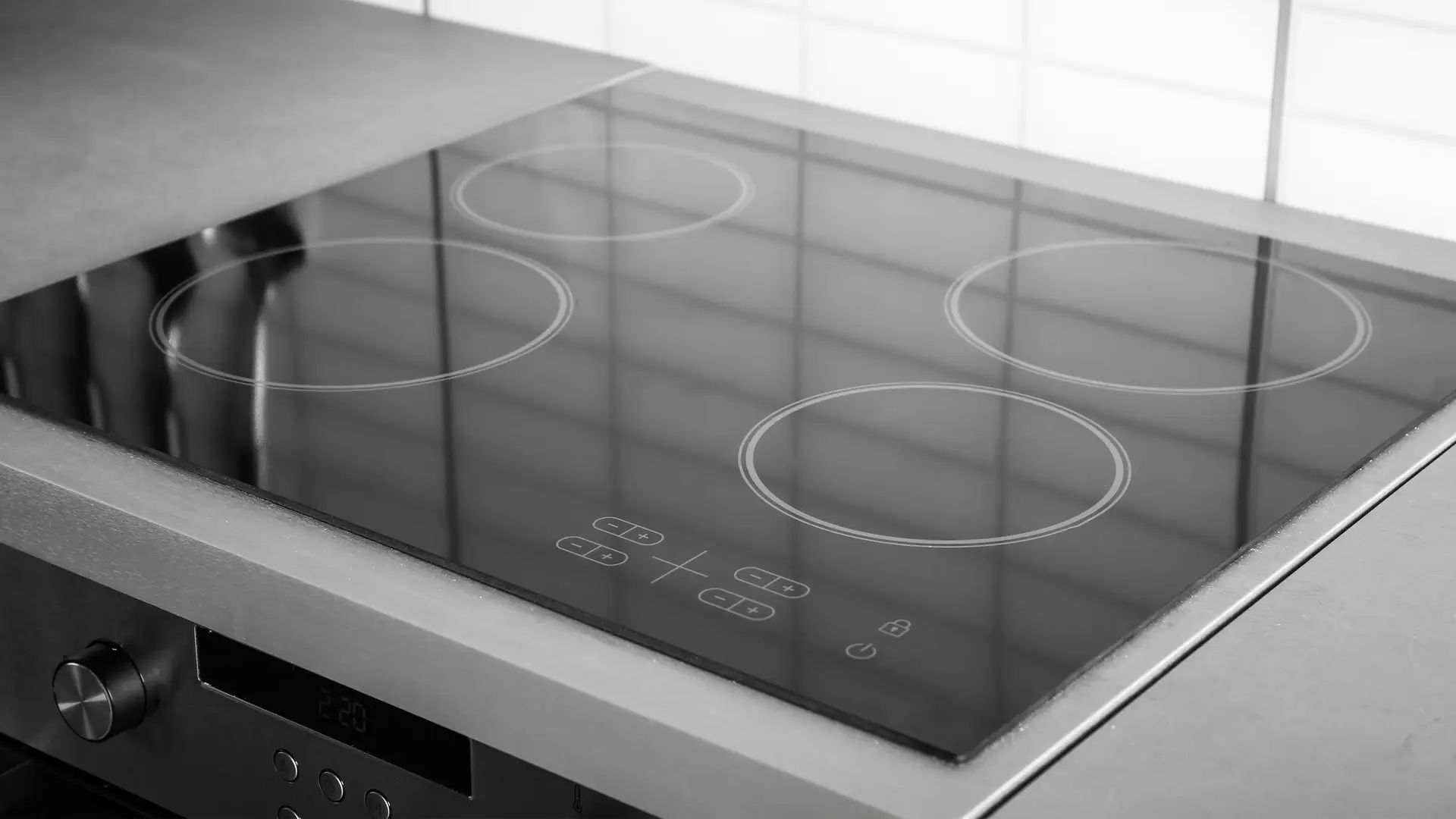
Learn whether you can install an oven under an induction hob safely. Find out spacing, ventilation and wiring tips. Read...
